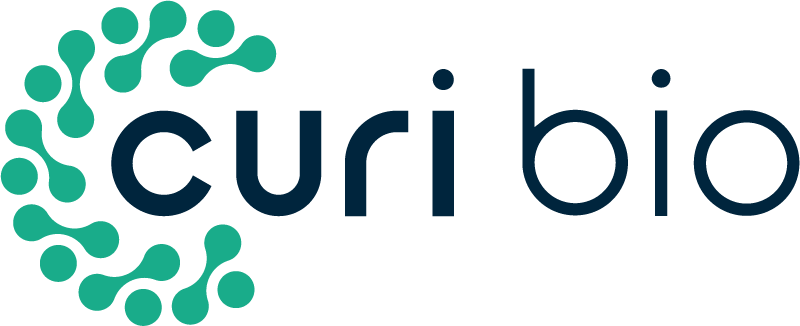Your End-to-End Discovery Partner
Curi Bio provides end-to-end services leveraging clinically relevant 3D engineered tissues, delivering the functional data you need to make confident, data-driven decisions.
We've built a proven, phased approach to move your program forward. From foundational cell model development to robust functional screening, our workflows are designed for clarity, efficiency, and translational success.
1. Build & Differentiate
Create the precise cellular models you need, from CRISPR-edited iPSCs to highly pure, differentiated cardiomyocytes and myoblasts.
Learn More2. Phenotype & Analyze
Identify disease-relevant functional signatures in 3D engineered tissues and supplement with a full suite of analytical readouts.
Learn More3. Screen & Validate
Execute modality-agnostic drug screening and potency assays in validated functional models that align with modern regulatory standards.
Learn MoreCell Engineering and Differentiation
Phase 1: Building Your Foundational Model
A robust study starts with the right cells. We leverage our deep expertise in iPSC biology and genome engineering to create high-quality, patient-relevant cell models tailored to your project goals.
Your Cells, Our Platform
We offer complete flexibility in cell sourcing. Bring your own proprietary lines, source from a third-party, or use our validated models.
Cell Line Engineering
CRISPR/Cas9-mediated gene editing to introduce mutations, correct genes, or insert reporter tags.
TIMELINE: 8-16 Weeks
iPSC Expansion & Banking
Scalable culture and creation of fully documented Master and Working Cell Banks.
TIMELINE: 4-6 Weeks
Directed Differentiation
Protocol-driven differentiation into high-purity cardiomyocytes or skeletal myoblasts with rigorous QC.
TIMELINE: 4-8 Weeks
3D Phenotyping & Functional Assays
Phase 2: Uncovering Functional Phenotypes
This is where biology comes to life. We engineer your cells into mature, functional 3D tissues and perform a deep functional assessment to build a comprehensive, multi-parametric dataset.
Core Functional Assays
- Cardiac Contractility: Force, kinetics (twitch, relaxation), force:frequency, long term stimulation.
- Skeletal Muscle Function: Tetanic force, fatigue resistance, damage, metabolic end points.
- Calcium Handling: Assess Ca2+ transient kinetics and SR function.
Supplemental Analytical Assays
Live Cell Trackers (e.g. GFP), Histology or Immunofluorescence Analyses
Biomarker analysis via qRT-PCR, qWestern Blot, ELISA, and more.
TYPICAL STUDY DURATION: 3-5 Weeks
Drug Screening & Potency
Phase 3: Validating Therapeutic Efficacy
With a validated disease model in hand, we can efficiently screen your therapeutic candidates. Our platform is modality-agnostic and we specialize in developing robust, functional potency assays.
Screening & Assay Services
Dose-Response & Potency: Generation of IC₅₀/EC₅₀ curves for lead candidates.
Mechanism of Action: Elucidate how your drug impacts tissue function.
Lot-Release Potency Assays: Develop and validate functional assays for manufacturing QC.
TYPICAL SCREENING DURATION: 4-12 Weeks
Featured Assay: 3D Neuromuscular Junction (NMJ) Potency
Our fully human, 3D NMJ model provides a highly sensitive and reproducible platform for assessing neurotoxins, such as BoNT, offering a powerful, animal-free alternative for potency testing.
Partnering for GxP
Your Bridge to the Clinic
Moving from discovery to clinical application requires a specialized set of capabilities. Curi Bio seamlessly bridges this gap through our trusted GxP partners, ensuring your program has a clear path forward for manufacturing and regulatory submission.
GLP Potency Assay Support via Battelle
Ensure your functional data meets the highest regulatory standards. Our partnership with Battelle enables the transfer and validation of our functional assays into a GLP-compliant environment, perfect for IND-enabling studies and lot-release testing.

